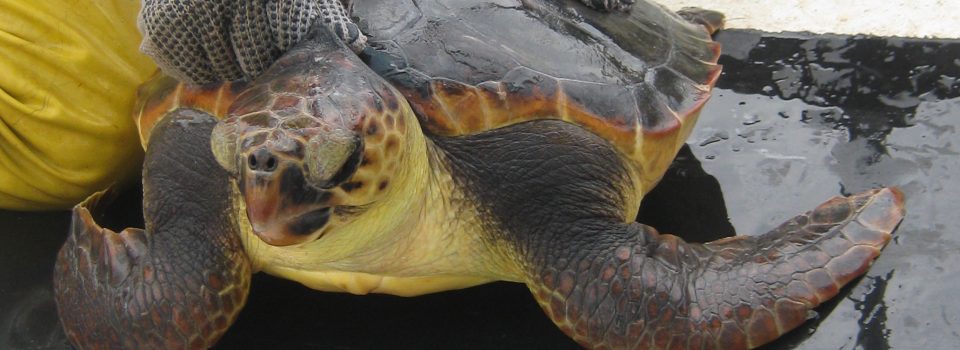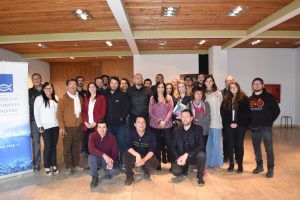Dissemination Workshop on results of the Highly Migratory Resource Monitoring Program, ecosystemic approach.
August 5th, 2019On July 31, the results of the Highly Migratory Resources Monitoring Program were presented in one of the conference rooms of Baburizza Palace in Valparaíso. Dr. Patricia Zárate, project manager, together with a work team that involves observers, researchers from IFOP and from several Universities analyzed the results of the observations made during 2018.
Among the guests were representatives of the Scientific Committees, the Undersecretariat of Fisheries, the National Fisheries and Aquaculture Service, the DIRECTEMAR and national universities. Among the main results were the trajectories of the swordfish and sharks resulting from the tagging program that combined with satellite and oceanographic information provide new information on the migration cycles of these species.
In addition, their stomachs analysis results, isotopes and fatty acids of muscles that have delivered critical information of their diet during much of their life cycle were presented, which contributes to having an ecosystemic view of these organisms that move to the width of the Pacific Ocean. On the other hand, important aspects and mitigation measures of the incidental fishing of turtles, birds and marine mammals were analyzed, as well as methodological aspects of the estimation of abundance of marine mammals that may be affected by fishing activity in the Exclusive Economic Zone of Chile .
Dr. Jaime Letelier,Department of Oceanography and Environment head stressed that “the samples, data and results of this project in its 2018 phase, as well as its continuation are essential to generate necessary knowledge for fishing activity sustainability based on the conservation and management of Swordfish, sharks and dorado. ”

